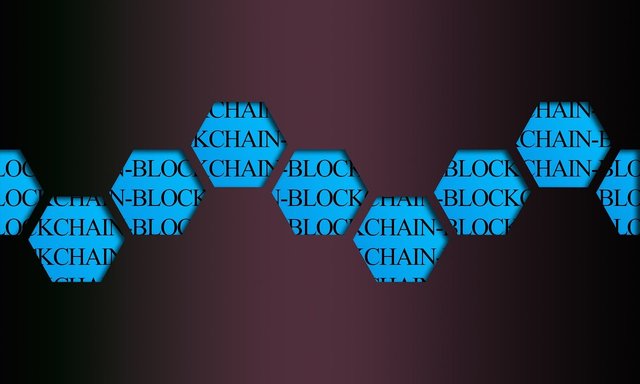Trade-offs between scalability, security, and decentralization
There is a trilemma with respect to scalability, security, and decentralization issues in blockchain. This, in turn, means the trade-off among them brings a complication in optimizing all aspects simultaneously-as improvement to one often affects the others.
Scalability pertains to the efficiency of a blockchain in handling an ever-increasing number of transactions. This, in turn, can considerably increase scalability, but often at the cost of sacrificed decentralization while increasing the block size or using high-throughput consensus mechanisms like Proof of History in Solana. Larger block size requires more processing computational power and storage for full nodes. Eventually, this will strangle the number of participants who will find it viable to run full nodes and, therefore, bear the potential risk of centralization.

Security plays a significant role in the prevention of attacks and the integrity of the network. Scalability techniques, such as Layer-2 solutions or sharding, open up new vulnerabilities or add complexity that can be leveraged. Providing security often means not very fast but robust consensus protocols such as Proof of Work, which again limits scalability.
Decentralization ensures that no one node controls the network; it's utterly trustless. But high decentralization comes at a cost: high transaction throughput is sacrificed. The reason being, lots of nodes are verifying one transaction and slowing down the network.
With careful design choices, all these trade-offs balance each other: some blockchains have designers optimizing for speed, others for security, and then there's the few looking to distribute power far and wide, detailing the inherent compromises found in blockchain development.
~ Regards,
VEIGO (Community Mod)


Upvoted! Thank you for supporting witness @jswit.
Even though Decentralisation is having a lot of positive Benefits, I must confess that it has it's own pros and cons